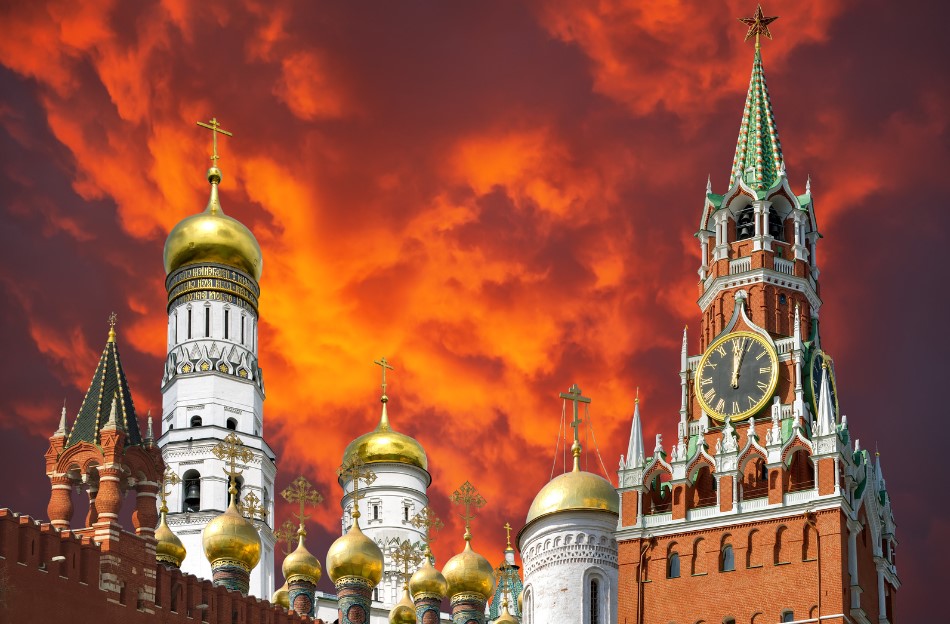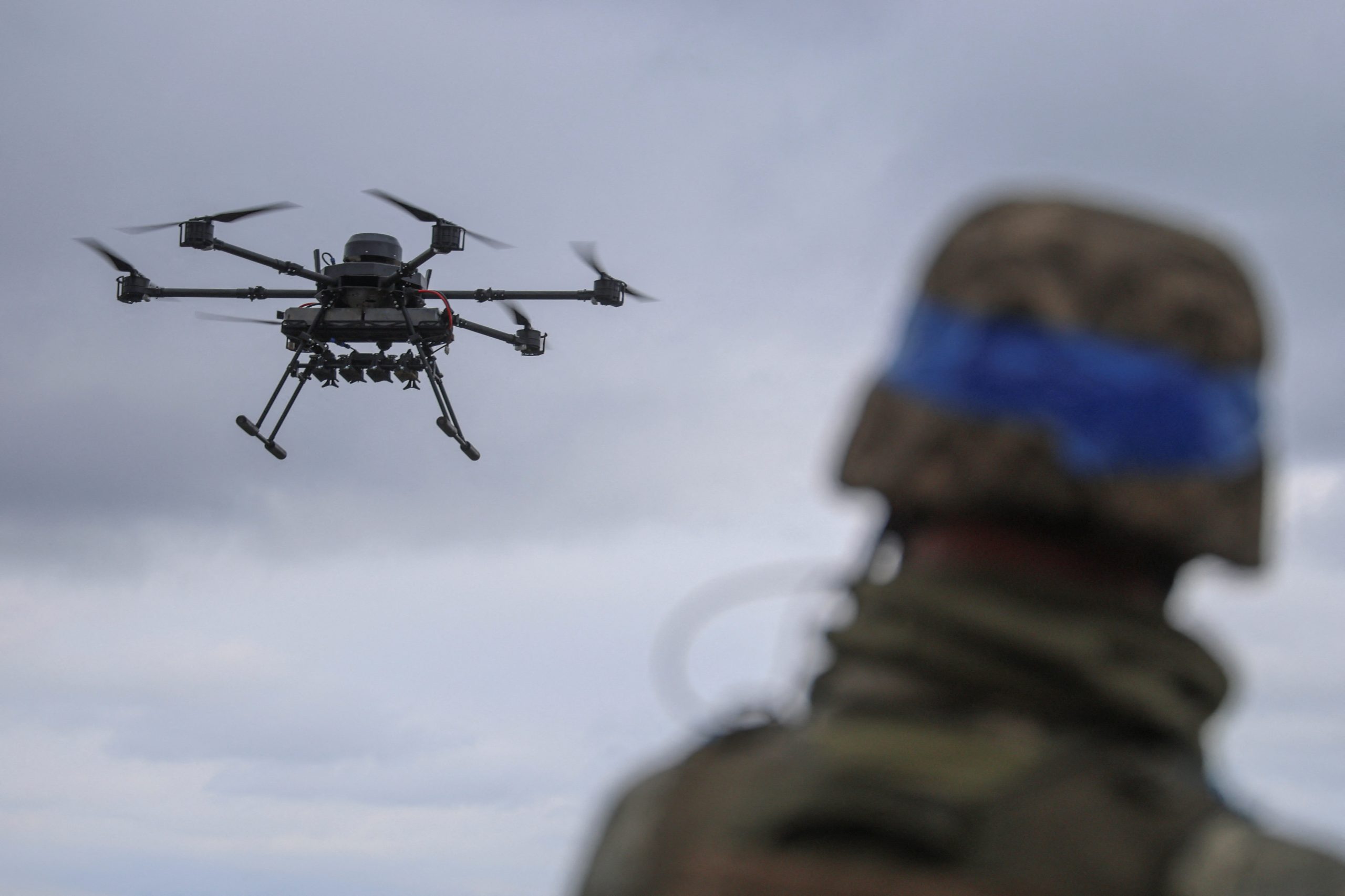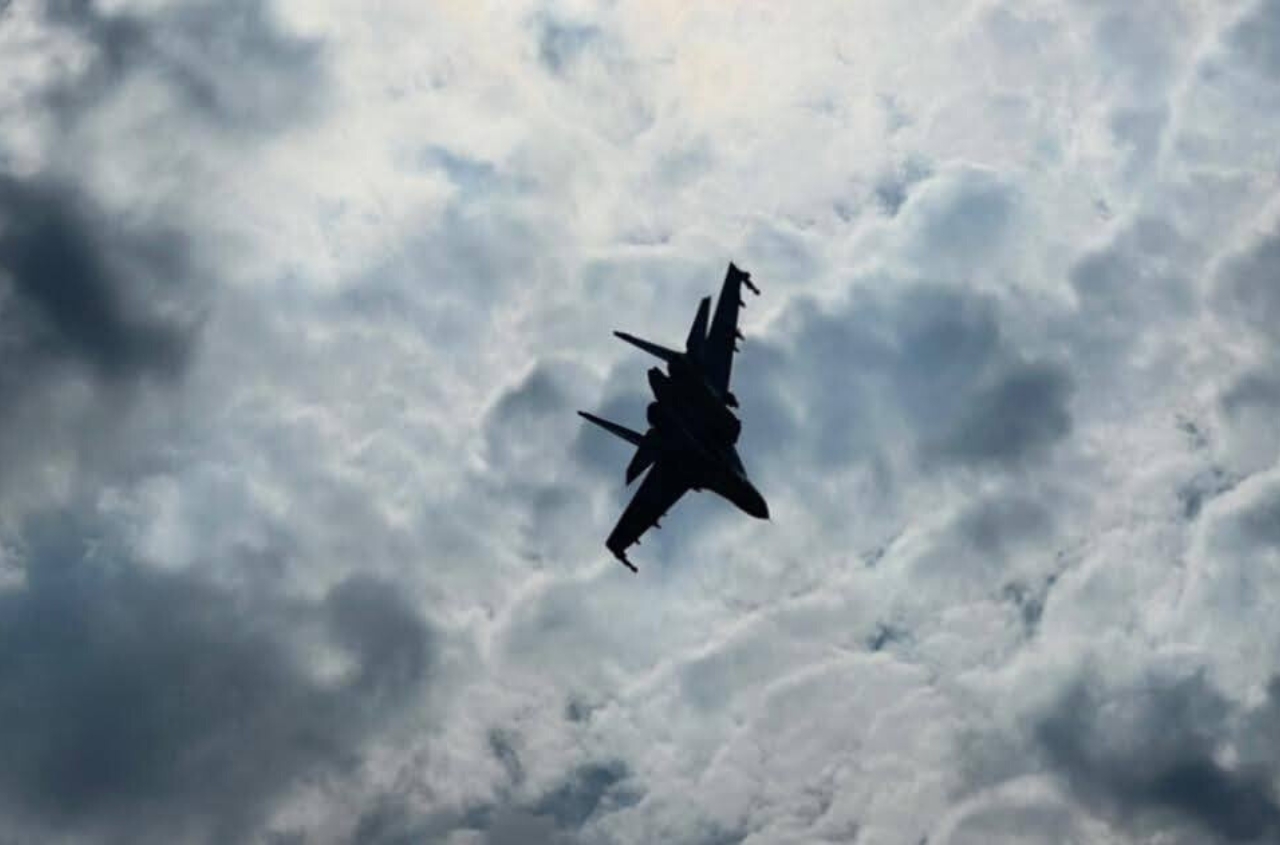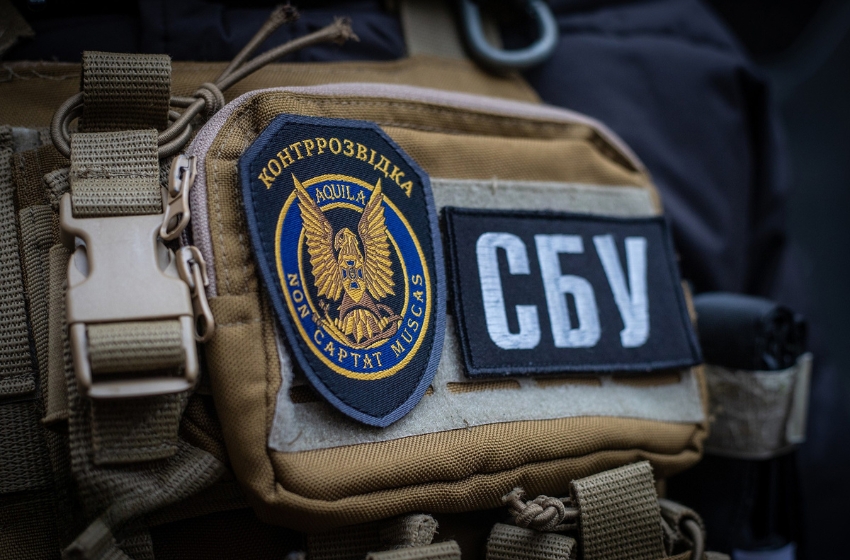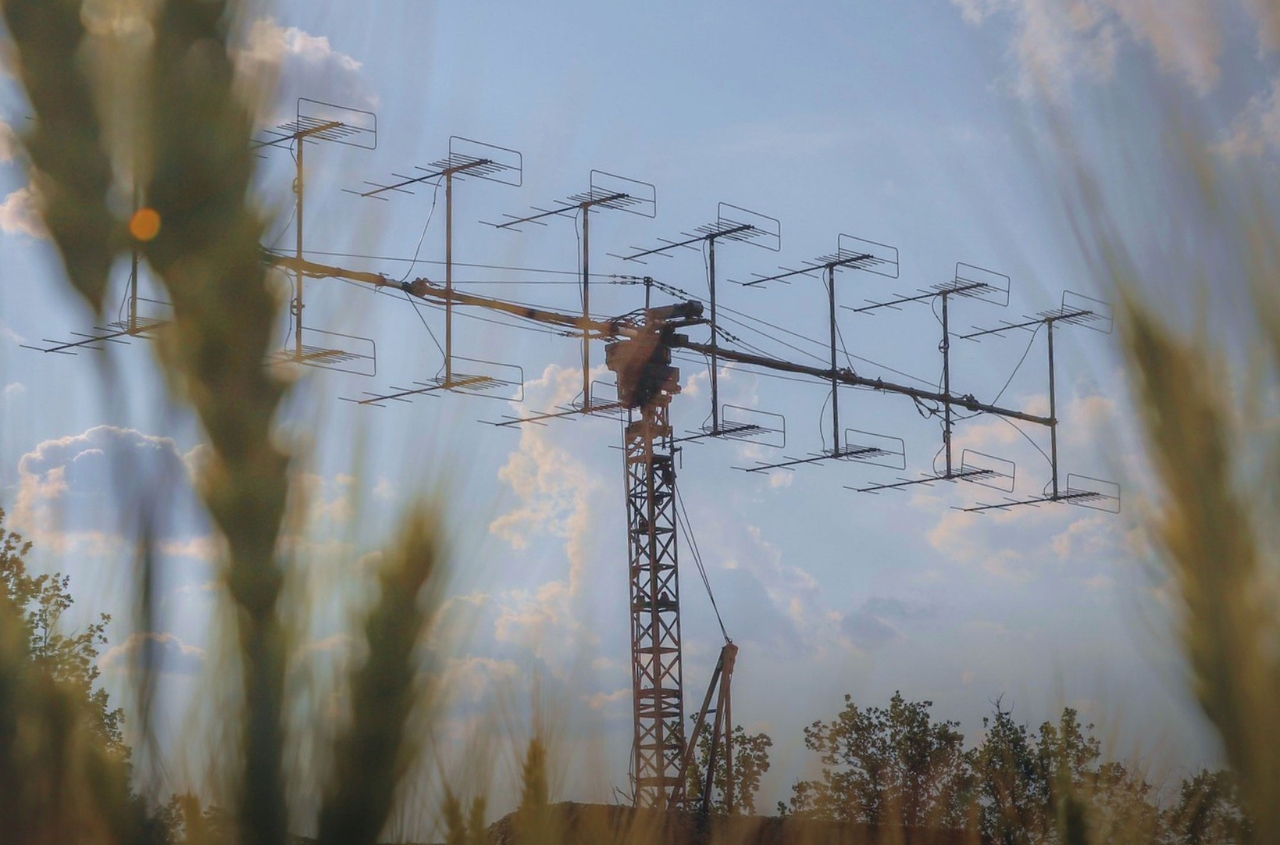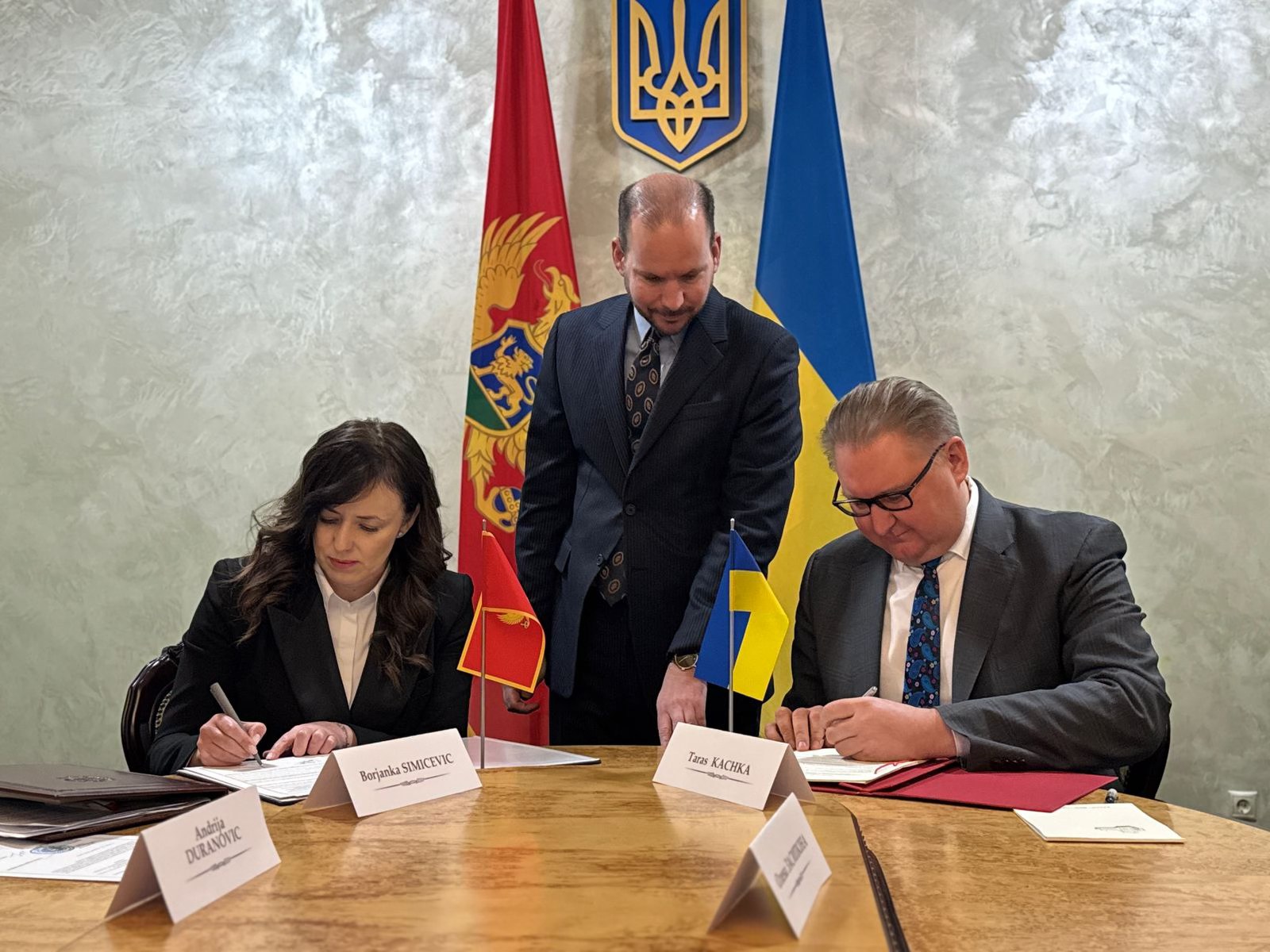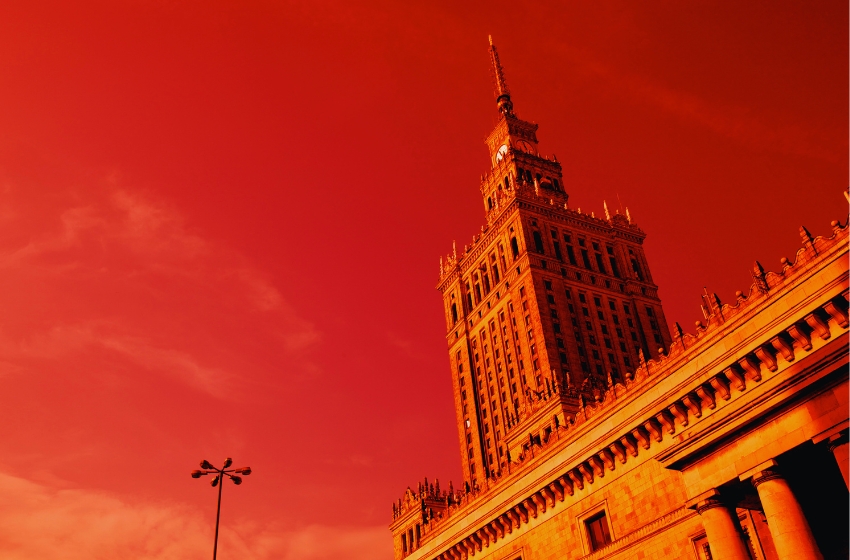Russian President Vladimir Putin replaced Sergei Shoigu with Andrei Belousov as Russian Minister of Defense on May 12, moving Shoigu to the position of Security Council Secretary in place of Nikolai Patrushev. These high-level reshuffles following the Russian presidential election strongly suggest that Putin is taking significant steps towards mobilizing the Russian economy and defense industrial base (DIB) to support a protracted war in Ukraine and possibly prepare for a future confrontation with NATO.
The Russian Federation Council posted a list of Putin's proposed cabinet ministers on May 12, which notably confirms that Putin has "proposed" Belousov as the new Minister of Defense (Putin's proposals are orders).
Kremlin spokesperson Dmitry Peskov told Kremlin newswire TASS that Shoigu, who has served as Russian defense minister since 2012 — will assume the position of Security Council Secretary and act as Putin's deputy on the Russian Military-Industrial Commission.
Peskov also announced that Putin dismissed Patrushev from his former position as Security Council Secretary "due to [his] transfer to another job," which was not specified and that the Kremlin will announce his new role in the "near future." Peskov also noted that Army General Valery Gerasimov will remain Chief of the Russian General Staff, and a change in this position is not foreseen at this time. Gerasimov is also currently the overall theater commander for Russian forces in Ukraine.
Belousov has no military experience and is an economist by trade — he served as Russian Minister of Economic Development from 2012–2013, following a career in economic analysis and forecasting between 1981 and 2006.
His lack of military experience is not anomalous — Shoigu also lacked experience in uniform before he took over the Defense Ministry. Belousov then served as First Deputy Prime Minister from 2020 until his new 2024 appointment.
Belousov is also a known advocate for greater government involvement in the economy. Peskov announced Belousov's appointment to state newswire TASS on May 12 and explained that "it is very important to fit the economy of the security bloc [domestic security power vertical] into the country's economy," suggesting that the Kremlin intends for Belousov to integrate and streamline the DIB and industries affiliated with Russia's security and defense forces with wider domestic economic policy.
Several Russian insider sources similarly responded to Belousov's new position and claimed that it shows that Putin has serious concerns over corruption levels and misuse of funds within the Russian military, conflicts between the military and the Russian DIB, and the perceived inefficacy of the Russian MoD as a whole. An unnamed Russian federal official told Russian opposition outlet Vazhnye Istorii that Belousov will work in his new role to "competently organize work and logistics processes, ensure the necessary production and supplies, orient the economy towards the 'special military operation,' and squeeze the technological maximum out of the defense industry."
A prominent Kremlin-awarded milblogger noted that Belousov's new role "means the beginning of a large-scale audit and restructuring of all financial models" in the Russian MoD.
The Russian MoD under Shoigu struggled with allegations of high-level corruption and bureaucratic inertia, facing constant scathing critiques from Russian military commentators.
Belousov has a stronger reputation for being an effective technocrat, and insider sources have claimed that he has a positive relationship with Putin. Belousov met with Putin in November 2023 to discuss DIB projects and technological cooperation and has spoken to Putin about issues with Russia's domestic drone production.
Belousov also more recently highlighted a draft state order for 4.4 billion-rubles (roughly $48 million) for the production of drones until 2030, as well as plans to financially support drone producers and train drone developers and operators.
The focus on maximizing the technological innovation and output of the Russian DIB, particularly in the drone sphere, is likely to be extremely valuable to the Kremlin's war effort —the Kremlin has recently had to reckon with a gap between Russian drone production and contemporary battlefield realities.
Belousov personally announced in January 2023 that Russia had finalized the "Unmanned Aircraft Systems" project, which provides 696 billion rubles (about $7 billion) for the production of 32,000 drones per year until 2030.
Putin likely intends Belousov to use his experience in a civilian government position to bridge federal economic policies with the Russian MoD agenda, thereby more fully mobilizing the Russian DIB at a larger and longer-term scale and integrating it with domestic economic policy. This effort sets conditions for a fuller economic mobilization, suggesting that the Kremlin continues to prepare for a protracted war in Ukraine.









